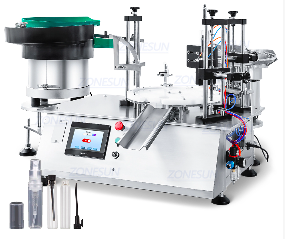Table of Contents
ToggleWhat is Dive Rescue?
Diving rescue, following an accident process of avoiding or limiting further exposure to diving hazards and bringing a diver to a place of safety. When a diver is unable to respond to an emergency, rescue may be required for various reasons. We need to understand some of the several stages of diving rescue. The most common and critical diving emergencies inevitably involve loss of breathing gas, and providing emergency breathing gas is a common and necessary response. The recovery of the distressed diver usually follows these first responses to a place of safety with a secure supply of breathing gas. Following the rescue, it may be necessary to evacuate the casualty to a place where further treatment is possible.
The key component of Diving rescue:
Diving rescue relies on a coordinated team of divers who can swiftly and safely remove a diver from danger. Divers are highly skilled at locating and rescuing other divers. Their ability to orient themselves in water and concentrate for long periods has made them some of the most proficient rescuers. Diver behavior is, therefore, primarily determined by their environment and the situation they are in.
Why is there a dive rescue?
The moment divers enter the water, they are in danger. Especially for less experienced divers. One of the first things to go is their sense of balance, it can cause them to panic, leading them to make uninformed choices about how to get back onto the platform in case of Diving Rescue or abort their dive.
If a diver falls while driving off a diving platform, they need to calm down and evaluate their situation. They may need to take a few deep breaths before attempting a rescue. The diver should swim towards some object (like another diving platform) so rescuers can quickly locate them.

Necessary things to respond to such a situation of Diving Rescue:
We always recommend that you bring the following essentials in case something unexpected happens (such as needing a dive rescue). If you have 1 liter scuba oxygen bottle, mini diving oxygen bottle, diver oxygen bottle, mini scuba oxygen bottle, 1 liter scuba oxygen bottle set, etc., there is no doubt that it will be very helpful to you when you encounter danger . People are always in a hurry in emergencies, and mini diving cylinders can be used as a backup gas source during emergency rescue. Because of its easy portability, it can be said that it was invented to deal with emergencies or special situations.
How to effectively prevent accidents
Diving rescue can only be a remedial measure when an accident occurs. It would be great if we could pay attention to some things in advance to prevent accidents from happening.
- Partner with experienced divers: Most accidents occur to novice divers. If you have an experienced diver by your side to protect you at all times, you can effectively reduce the occurrence of accidents.
- Don’t go diving in some unknown places: Since we like swimming and diving, it’s best to go to waters with relatively high flow of people or regular tourist areas. Don’t risk going to remote waters just to seek excitement.
- Be well prepared: We must prepare various emergency response measures in advance, even if you are a very experienced diver. Danger is always everywhere, and it is necessary to be prepared for emergencies in order to better enjoy the fun of diving.





